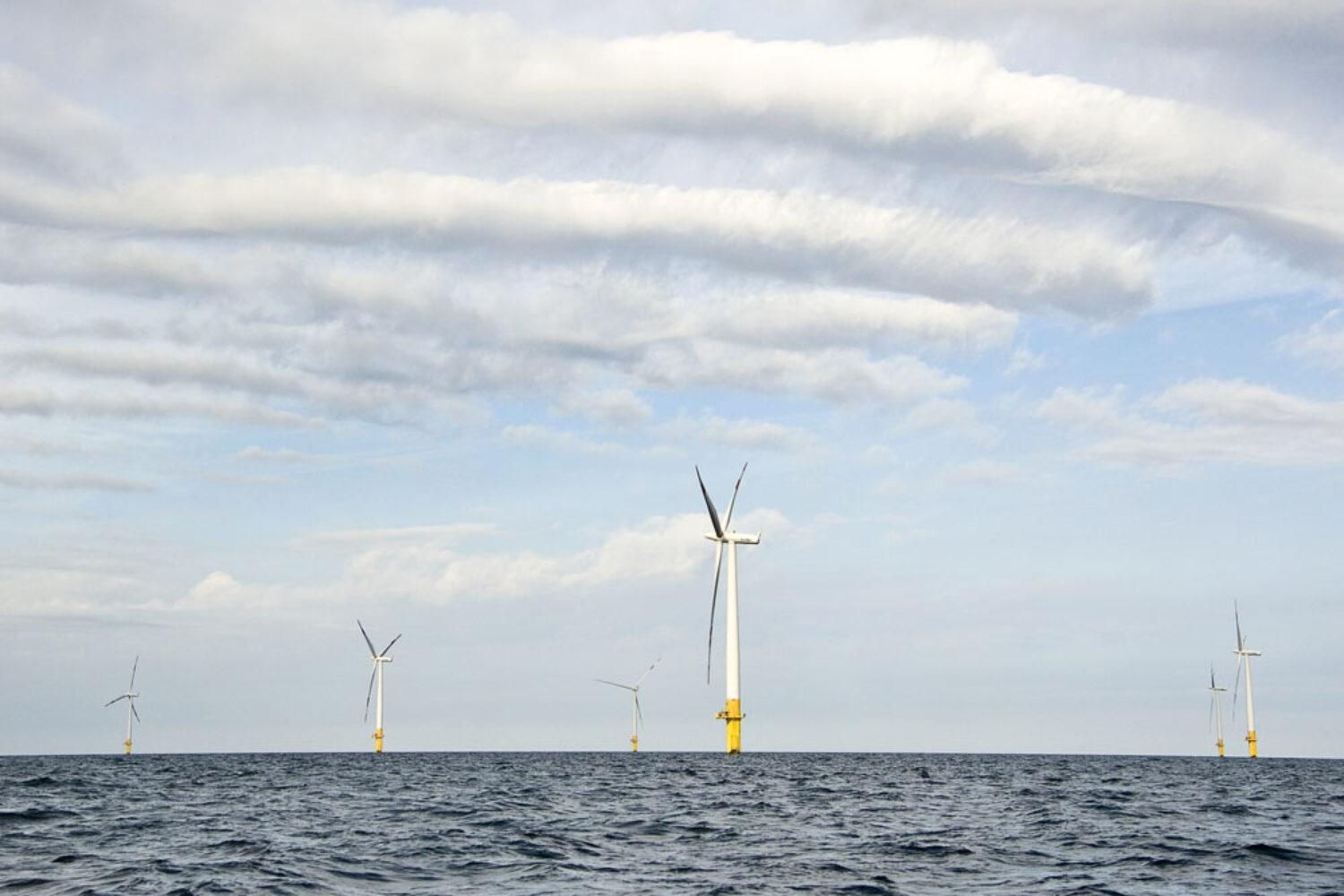The nature conservation association NABU has sharply criticised the industry’s demand for more space for offshore wind energy.
After environmental associations and industry had jointly spoken out in favour of maintaining high environmental standards in the expansion of offshore wind energy in 2024, the German Offshore Wind Energy Association (BWO) is positioning itself against marine nature conservation in the German parliamentary election campaign, according to NABU.
In addition to demanding more space for offshore wind energy, the BWO is also calling for sites to be selected according to yield and advocating the dismantling of environmental standards and the cost-effective laying of cables through the “Sylt Outer Reef” marine reserve.
NABU: “Far too dense development of the North Sea”
The Nature and Biodiversity Conservation Union sharply criticises this. Kim Detloff, Head of Marine Conservation at NABU, comments: “As a consequence of wind shadow effects and yield losses due to far too dense development of the North Sea with wind turbines, established planning and environmental criteria are now to be abolished. This no longer seems to be about nature-friendly climate protection, but about profit maximisation.”
The damage to ecosystems was getting completely out of hand. “What is needed is not more, but less pollution of the North Sea and Baltic Sea.” While the Intergovernmental Panel on Climate Change and the World Biodiversity Council are calling for joint measures to protect the climate and nature, some politicians and industry in Germany are turning ecological allies into opponents. “We need new marine spatial planning that focuses on ecological criteria,” says Detloff.
A research project commissioned by the Federal Agency for Nature Conservation recently calculated that if up to 70 gigawatts of offshore wind energy were to be installed in over a quarter of the German Exclusive Economic Zone (EEZ) of the North Sea, 77% of guillemots and over 50% of fulmars would lose their traditional habitat. Current systems and food webs would change, making ecological tipping points increasingly likely in view of the effects of the climate crisis.













